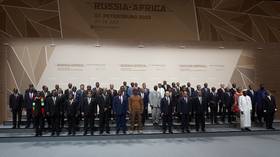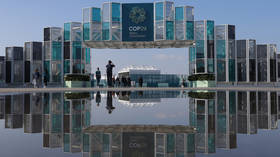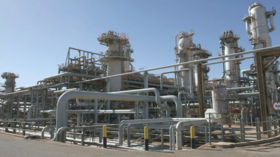How this former French colony is now a ‘successful model’ for Africa

In September, Algerian President Abdelmadjid Tebboune announced that by the end of 2025, his country aims to achieve “full self-sufficiency in durum wheat production.” This declaration coincided with the start of the 2024-25 agricultural season, in the course of which Algeria plans to grow a record 1.6 million hectares of durum wheat – approximately 80% of the country’s annual needs.
This is just one of the many indicators reflecting the success of Algeria’s economic development strategy. It also signifies the broader achievement of diversifying economic activities and moving away from the rentier economy, which, as Tebboune noted, “stifles the mind and innovation.”
A rational economy
Algeria’s comprehensive approach to transforming its economy was recognized by international financial institutions. In July, Ousmane Dione, World Bank vice president for the Middle East and North Africa, congratulated Algeria on its economic performance, which enabled its upward reclassification by the World Bank. He described the country’s economy as a “success model worthy of sharing with other countries in Africa and the MENA region.”
Dione also noted that in 2023, Algeria became one of four countries worldwide to move from a lower-middle-income to an upper-middle-income category in the World Bank’s annual income classification report. During this same period, Algeria’s economy recorded a growth rate of 4.1%, which was primarily driven by a “’comprehensive revision to national accounts statistics undertaken by the Algerian authorities (Office National des Statistiques) to align with current international standards.”
Algeria’s significant achievements stem from a pragmatic economic course laid out by President Tebboune at the start of his first term in 2019. This new model emphasizes support for small and medium-sized businesses across various sectors, including agriculture and industry, while prioritizing local production over imports to safeguard foreign currency reserves and encourage domestic businesses. The government has also focused on reducing unemployment and streamlining the legislative framework.
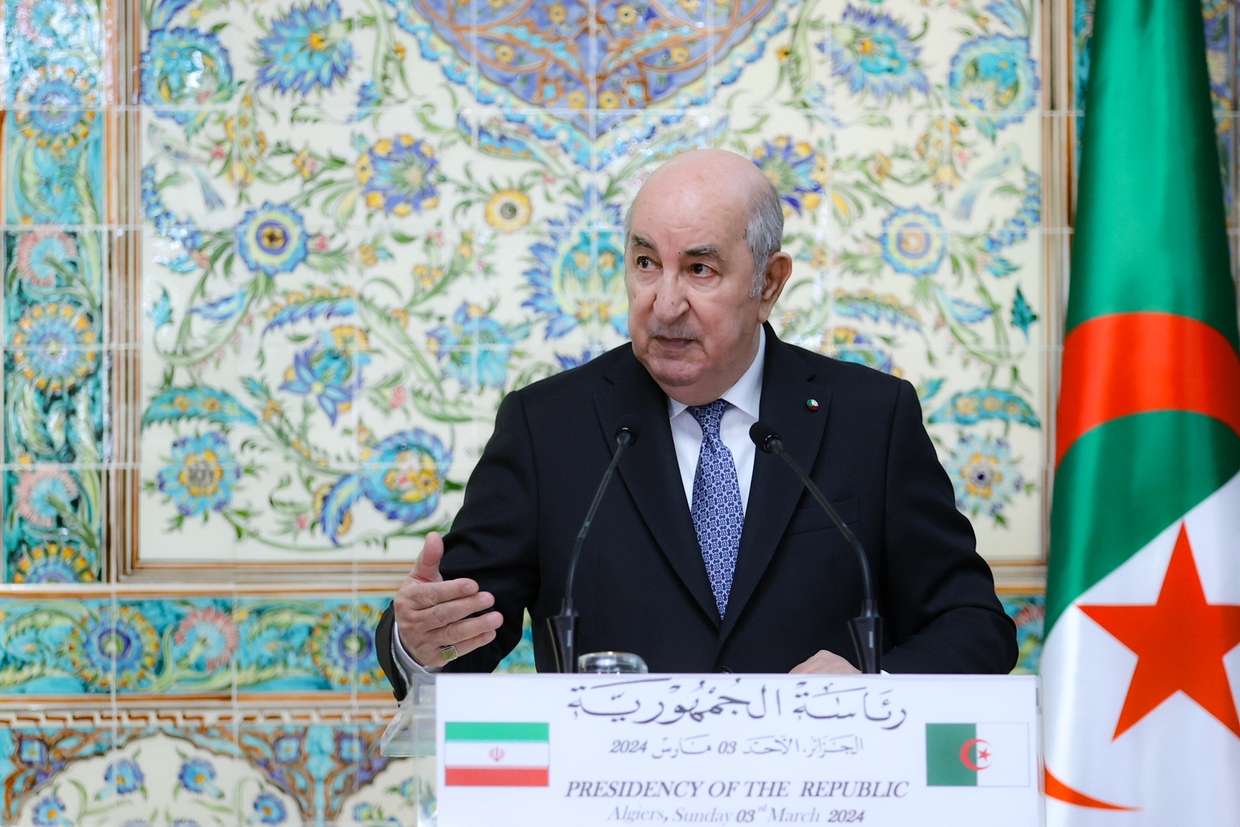
As for investments, the Agency for Investment Promotion reports approving about 3,000 projects recently proposed by both local and foreign investors, resulting in the creation of approximately 250,000 jobs. Notably, several key projects have been initiated in the mining sector, including the Gara Djebilet iron mine, the Oued Amizour zinc mine, and the Bled El-Hadba phosphate megaproject.
The agricultural sector is also making progress in enhancing food security. Currently, Algeria is constructing the world’s largest dairy farm, spanning 117 hectares, following a $3.5 billion agreement with the Qatari dairy company Baladna QPSC signed in April 2024. Furthermore, economic reforms implemented since 2020 have transformed Algeria from an importer into an exporter of various products, including construction materials, cement, and clinker.
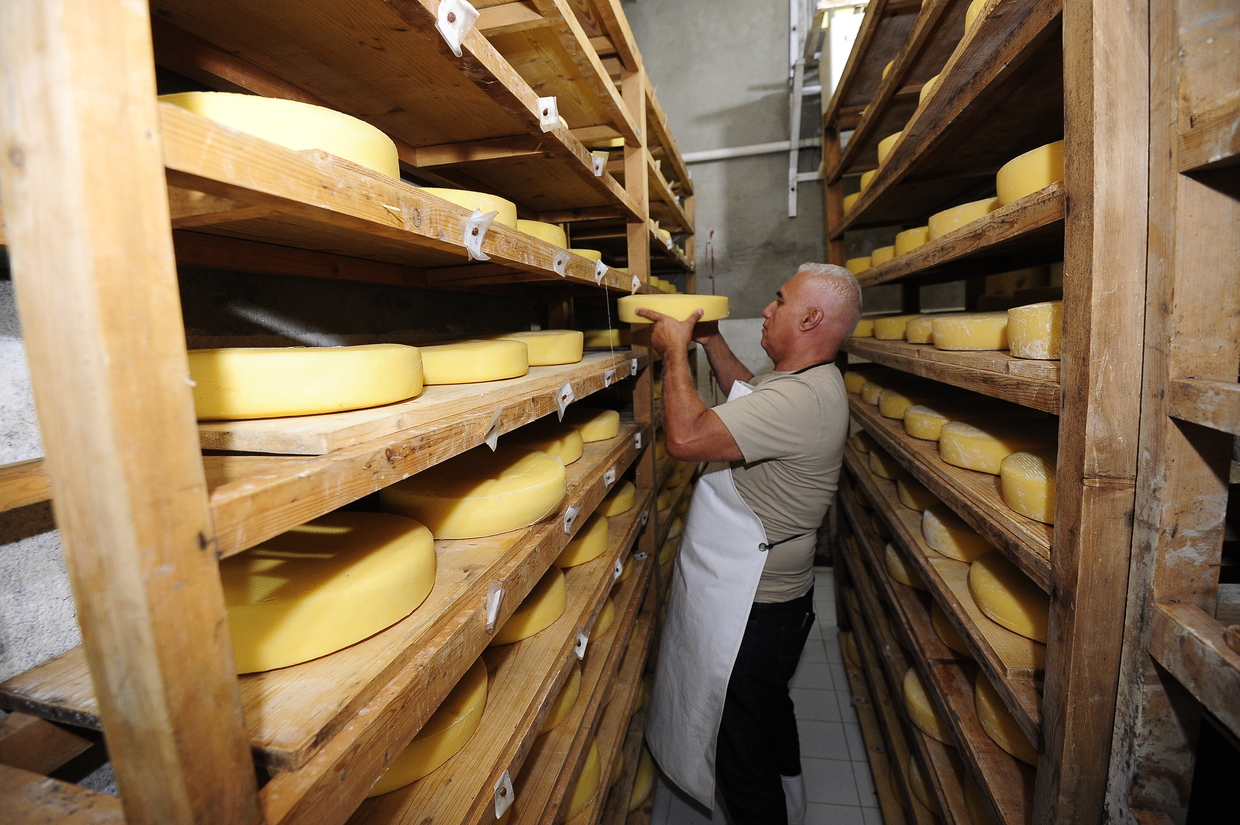
Tebboune’s 2019 program called for a reassessment of unfavorable economic and trade agreements and a strategic realignment of diplomatic efforts to serve the critical interests of Algeria’s economic development. The establishment of the Algerian Agency for International Cooperation for Solidarity and Development has given Algerian entrepreneurs greater access to international markets, particularly African ones.
A focus on Africa
Algeria is clearly increasing its economic and diplomatic influence across the African continent. Since taking office, President Tebboune has prioritized strengthening ties with Africa, and the results of this initiative are already visible.
In February 2023, Algeria announced that it would allocate $1 billion to fund development projects in Africa through the Algerian Agency for International Cooperation for Solidarity and Development. The president’s initiative supposes the establishment of Algerian exhibition halls and banks in West African countries, including the Algerian Union Bank (AUB) in Nouakchott and the Algerian Bank of Senegal (ABS) in Dakar. A third bank is set to open soon in Cote d’Ivoire.
Algerian products are steadily expanding their presence in African markets. In 2021, the country joined the African Continental Free Trade Area Agreement (AfCFTA), which aims to eliminate customs barriers in trade among member nations. At the beginning of 2022, Algeria opened the first maritime route connecting it with Mauritania and Senegal in order to boost trade volumes, and it is currently working on establishing a land route to Mauritania. These initiatives open doors to new markets in West Africa.
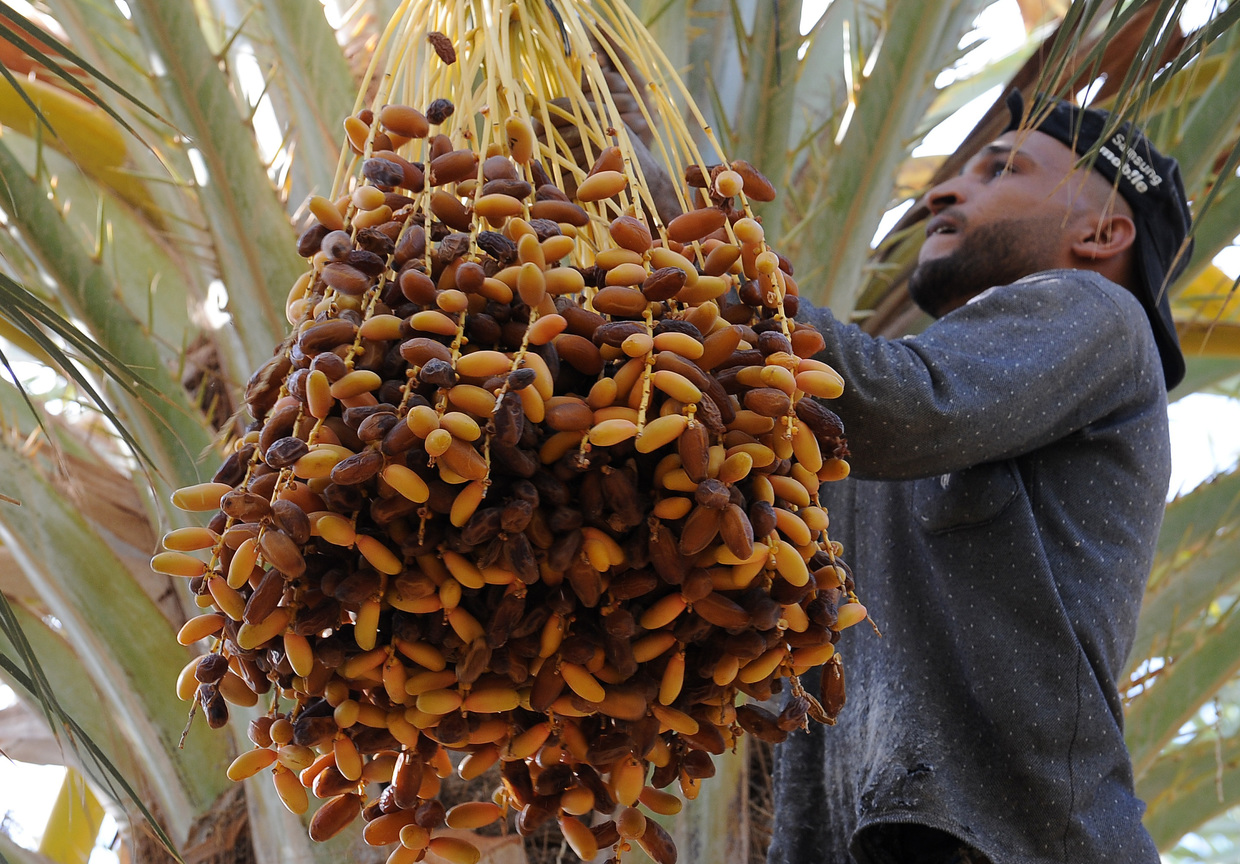
Revising unfavorable agreements
In September, shortly after being re-elected for a second term, Tebboune announced plans to review the Association Agreement with the European Union, starting in 2025. This agreement was signed in 2002 and came into effect in 2005. It includes provisions for gradually eliminating customs duties between the two parties and has often sparked controversy in light of Algeria’s efforts to protect its domestic products and Europe’s desire to get the maximum benefits from exports to Algeria.
According to Tebboune, the need to revise this agreement stems from significant changes in Algeria’s economic landscape. Notably, at the beginning of the 21st century, Algeria was emerging from a decade-long civil war between the government and Islamist groups. Now that the country’s economy has stabilized and strengthened, the terms of the agreement with the EU no longer reflect current realities.
Since 2021, Algeria has imposed several restrictions on European exports and investments to safeguard national production. The EU views these measures as a ban on its products and a violation of the agreement, and has threatened Algeria with an arbitral tribunal. In June 2024, the European Commission announced that it was initiating dispute settlement procedures with Algeria, and stated that if the parties are unable to reach a settlement, the matter may be brought before an arbitral tribunal.
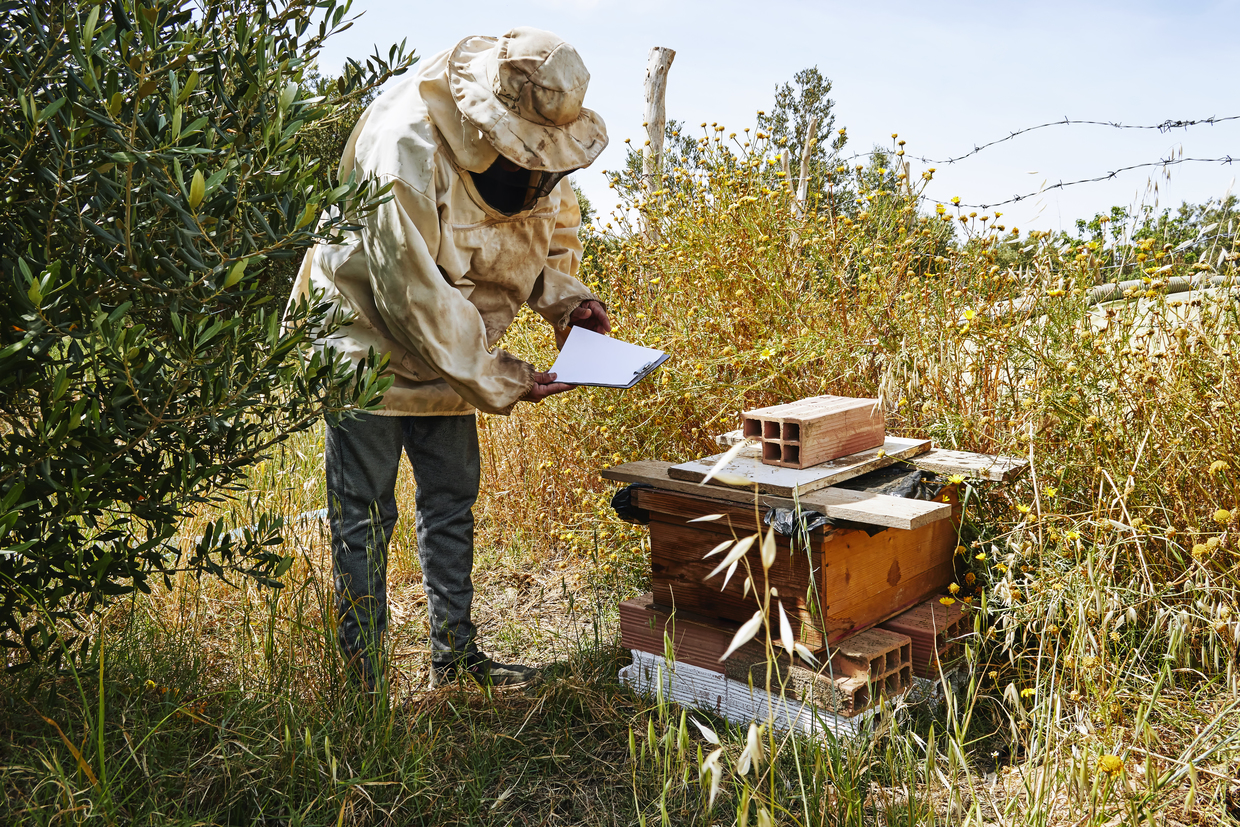
This is the second time that the EU has initiated a dispute settlement procedure with Algeria over the association agreement. In June 2020, the bloc initiated a similar case regarding trade restrictions imposed by Algeria between 2015 and 2019. The dispute was not resolved, leading the EU to commence arbitration in March 2021, though the results remain undisclosed.
From the start, Algeria’s plan for economic development faced two significant challenges: falling global oil prices and the impact of the Covid-19 pandemic. Despite these challenges, in August 2023 Tebboune declared that Algeria’s recent economic achievements are nothing short of miraculous and surpass the progress many nations make over decades.
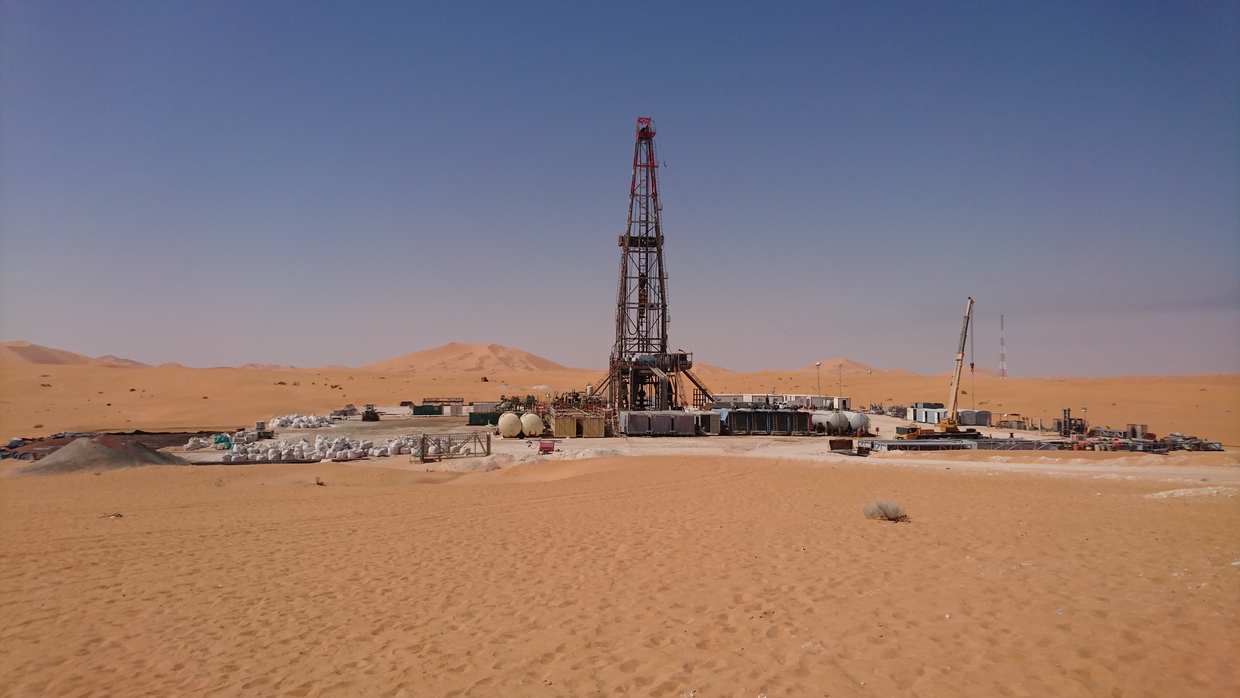
The path to financial independence
President Tebboune highlighted key economic achievements during his International Workers’ Day speech on May 1, 2024. He particularly noted Algeria’s newfound independence from external loans, especially from organizations such as the International Monetary Fund, and a near-total absence of external debt.
According to Tebboune, Algeria’s economic growth rate in 2023 was between 4.1% and 4.2%, which corresponds to World Bank estimates. “The IMF and the World Bank classify Algeria as the third-largest economy in Africa, following South Africa and Egypt,” he noted.
By the end of 2023, Algeria’s GDP had risen to $260 billion, and the government plans to boost it to $400 billion by 2026 and 2027. The Algerian dinar rose by 4.5% against foreign currencies, and according to Tebboune, “this is just the beginning.”
The country’s foreign exchange reserves have grown to $70 billion. To compare, when Tebboune assumed office in 2019, foreign exchange reserves amounted to $42 billion while import expenses exceeded $60 billion.
In the energy sector, Algeria is currently the third-largest oil producer in Africa and the continent’s leading gas exporter, supplying about 11% of the EU’s natural gas needs. Nevertheless, the government remains committed to diversifying its income sources and breaking free from an economy reliant solely on gas and oil exports.
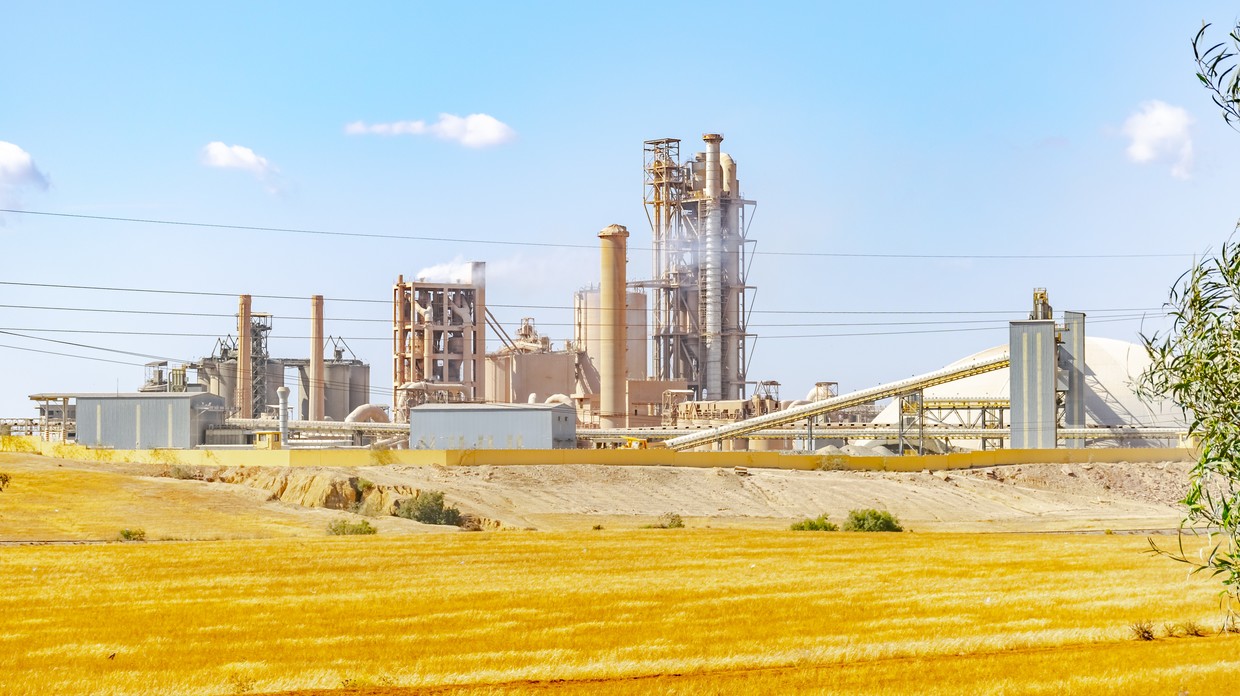
“In 2022, Algeria achieved a record non-hydrocarbon export volume of $7 billion for the first time in 40 years, while previously these figures rarely exceeded $1.5 billion,” Tebboune said.
Joining the BRICS bank
A significant development in Algeria’s economic landscape was announced at the end of August 2023, when the country joined the BRICS New Development Bank (NDB). With an initial contribution of $1.5 billion, Algeria became the ninth member of this organization. This milestone reflects Algeria’s impressive economic achievements in recent years and marks a crucial step toward integrating the nation into the global financial system. According to Algeria’s Ministry of Finance, joining the NDB is expected to further bolster the country’s economic growth in both the medium and long term.
Self-sufficiency in durum wheat production
The substantial durum wheat harvest has already brought Algeria $1.2 billion and the government doesn’t intend to stop at that. With support from Qatari and Italian companies, Algeria plans to expand cultivation areas in its southern regions. The president has tasked the government with increasing yield per hectare to at least 55 quintals.
The accomplishments recently noted by the Algerian authorities underscore the success of their ambitious economic agenda. These achievements reflect a commitment to reducing the nation’s long-standing dependency on foreign durum wheat imports, as Algeria has traditionally been a major buyer of wheat. Additionally, they highlight progress in the broader strategy of diversifying the economy and moving away from oil dependence – a major goal that successive Algerian governments have pursued since gaining independence from France in the mid-20th century.
